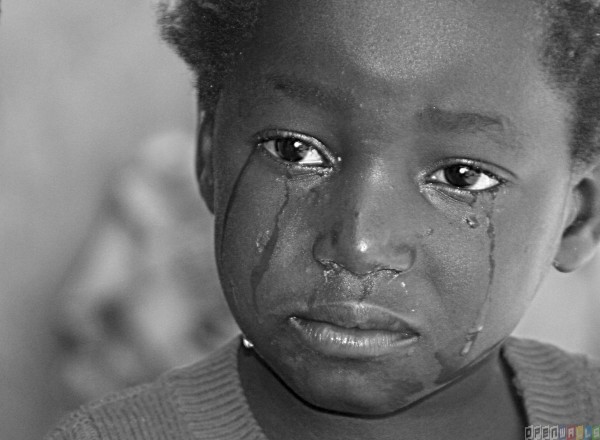Children and young people do get depressed too but most times parents do not know. Depression does not only affect adults. Childhood depression is different from the normal “blues” and everyday emotions that occur as a child develops.
The National Institute of Mental Health estimates that at least 3.3% of children 13 to 18 years old have had episodes of severe depression.
Ogun Police warn parents as man, 72 defiles 7-yr-old girl
Depression is a mental illness marked by persistent feelings of sadness, irritability, loss of interest in activities, feelings of hopelessness and worthlessness, and sometimes, thoughts of suicide. It affects the way one feels, thinks, and acts.
When these symptoms persist and interfere with social activities, interests, schoolwork, and family life, then, know your child may have depression.
Depression is not a passing mood, nor is it a condition that will go away without proper treatment. It is often not diagnosed and treated because the symptoms are passed off as normal emotional and psychological changes that occur during growth.
Why your child can be depressed
Among other factors below are some reasons your child may be feeling depressed:
1. Family difficulties
2. Bullying
3. Physical, emotional or sexual abuse
4. A family history of depression or other mental health problems
Sometimes depression is triggered by one difficult event, such as parents separating, a bereavement or problems with school or other children
Symptoms of depression in children often include:
- Sadness, or a low mood that does not go away
- Being irritable or grumpy all the time
- Not being interested in things they used to enjoy
- Feeling tired and exhausted a lot of the time
- Have trouble sleeping or sleep more than usual
- Not be able to concentrate
- Interact less with friends and family
- Be indecisive
- Not have much confidence
- Eat less than usual or overeat
- Have big changes in weight
- Seem unable to relax or be more lethargic than usual
- Talk about feeling guilty or worthless
- Feel empty or unable to feel emotions (numb)
- Have thoughts about suicide or self-harming like cutting their skin or taking an overdose
Older children who are depressed may misuse drugs or alcohol.
According to research, it is important to get help early if you think your child may be depressed. The longer it goes on, the more likely it is to disrupt your child’s life and turn into a long-term problem.

















